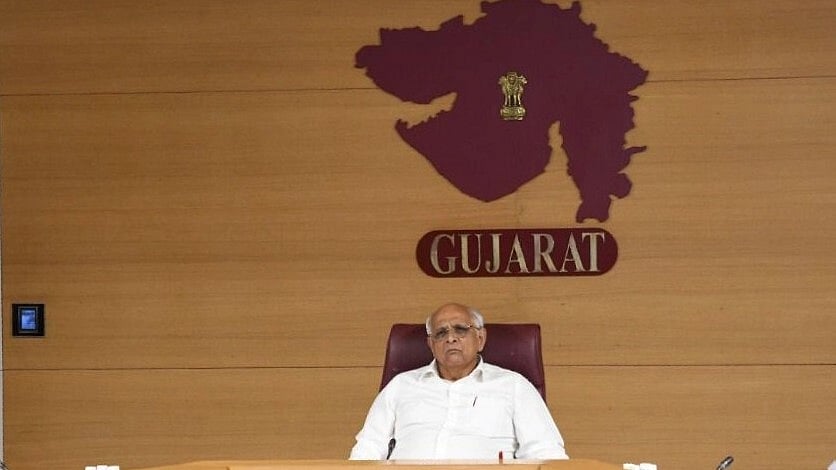Gandhinagar: The Gambhira Bridge collapse in Padra, Vadodara, which claimed 21 lives, has finally shaken the Gujarat government into action. In a sweeping response to the disaster, 36 dangerous bridges across the state have been closed, and 94 more have been marked for immediate inspection by designers and consultants. Additionally, four government officers have been suspended for negligence.
Following the massive public outrage and growing scrutiny, the state government has directed all district collectors to coordinate with the Roads and Buildings (R&B) Department to begin thorough inspections of all bridges under their jurisdiction.
“Public safety cannot be compromised. We are taking action to ensure no such tragedy occurs again,” said a senior official from the Gujarat R&B Department.
Gujarat has a vast bridge network of 7,280 bridges, including over 1,500 major and 5,000 minor structures. Of these, 94 bridges have already been flagged as structurally at risk. The government has now ordered their re-examination by certified designers and technical consultants.
A top government source confirmed:“We have shut down 36 bridges that were found to be in a dangerous condition. These are now completely barred for vehicular traffic until further assessment and repairs.”
The tragic collapse of the Gambhira Bridge exposed glaring lapses in the maintenance and monitoring of critical infrastructure. Repeated warnings by local leaders and engineers about the deteriorating condition of the bridge were allegedly ignored by authorities.
In the aftermath of the disaster, Chief Minister Bhupendra Patel’s government is now under immense pressure to overhaul Gujarat’s bridge infrastructure policies and enforcement.
Experts believe this incident must be a wake-up call.
“It’s not enough to act after disasters. Structural audits should be routine, not reactive,” said a civil engineer from Vadodara.
The R&B Department has committed to submitting a statewide report on the status of all bridges once inspections are complete. Citizens, however, demand transparency, accountability, and permanent reform—not just knee-jerk responses.












